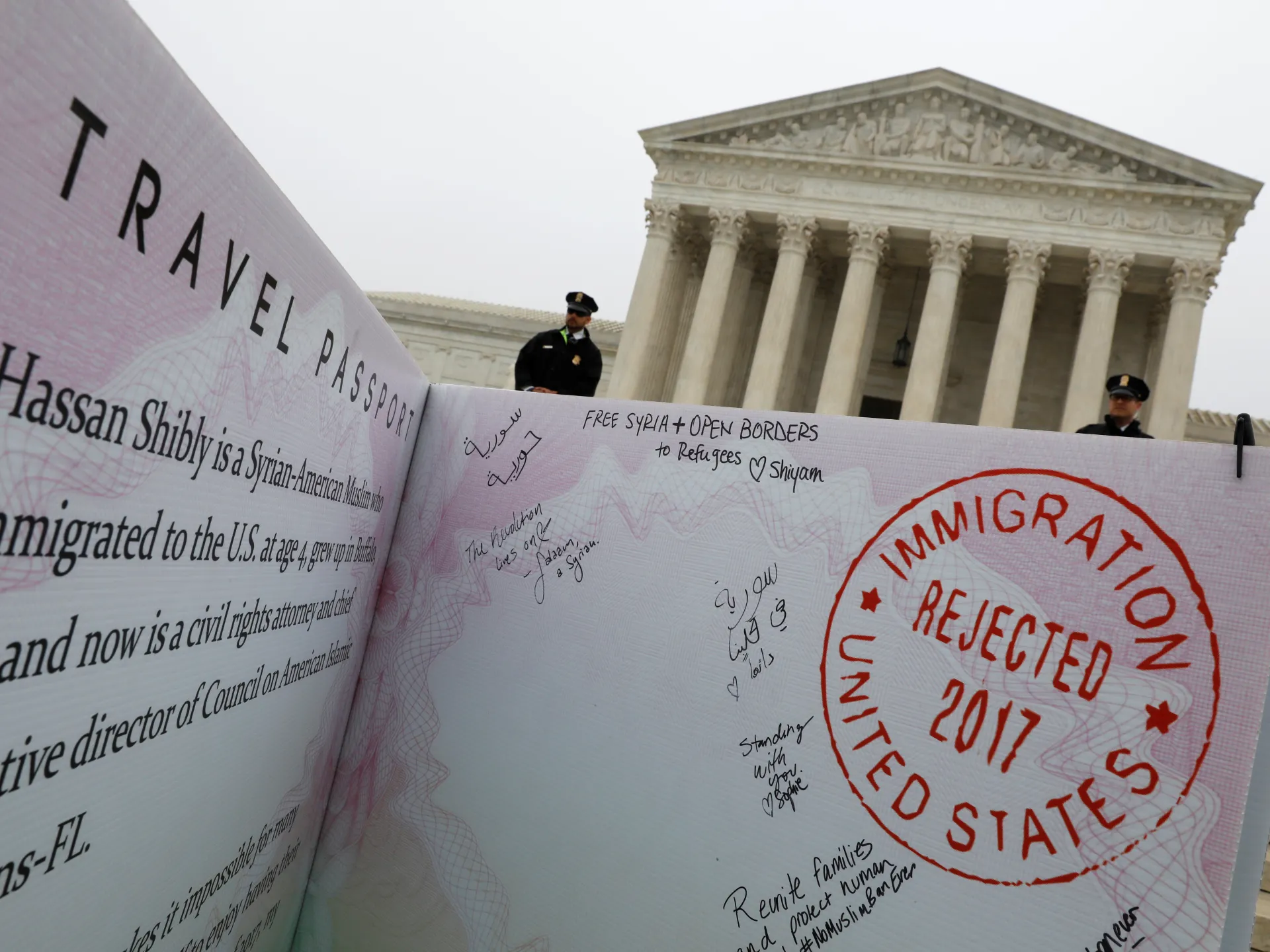
US Announces New Visa Rules Highlights
The United States government has recently unveiled a series of significant changes to its visa policies that could reshape the landscape for international travelers, including both tourists and business visitors. This bold move aims to tighten security, prevent overstays, and ensure vetting processes are more rigorous—albeit at the risk of creating new hurdles for travelers. As part of these updates, certain categories of visa applicants might soon be required to pay bonds of up to $15,000. Such measures have sparked a mixture of concern, curiosity, and debate among global travelers and industry experts.
Details of the New Visa Regulations
Introduction of Bond Requirements
The core of the new policy revolves around introducing a financial bond system. According to recent reports, travelers applying for tourist, business, or temporary visas could be compelled to submit bonds that could reach as high as $15,000, especially under new pilot programs aimed at controlling overstays and visa violations. The rationale behind this approach is to incentivize compliance among visitors, ensuring they abide by the terms of their visas and leave the country timely.
Scope and Categories Affected
The new regulations primarily target:
- Tourist visas (B2)
- Business visas (B1)
- Other non-immigrant visas where overstaying or visa violations have historically been concerns
While the specific details are still being finalized, the overarching goal is to identify potential overstayers at an early stage and mitigate risks associated with illegal stays or unauthorized employment.
Implications for Travelers and the Tourism Industry
Potential Challenges for Visitors
This policy shift could impose significant economic and logistical burdens on travelers. For many, submitting a bond of $15,000 might be prohibitive, especially for casual tourists or small-scale business travelers from low- and middle-income countries. It raises concerns about accessibility and the risk of discouraging legitimate travel, thereby impacting tourism flow and international business exchange.
Security and Oversight Benefits
Proponents argue that these measures will enhance national security by:
- Strengthening financial assurances against overstays
- Encouraging travelers to adhere to visa regulations
- Reducing illegal immigration and unauthorized employment
Furthermore, a stricter vetting process might improve the integrity and reputation of US immigration controls, making the country a safer and more predictable destination for tourists and investors alike.
Officials’ Perspective and Pilot Program Details
Officials from the US Citizenship and Immigration Services (USCIS) and Department of State have indicated that these are pilot programs intended to evaluate the effectiveness of bond requirements. The policies are expected to be implemented on a trial basis initially, perhaps involving specific countries or visa categories, and will be reviewed periodically based on outcomes and feedback.
It is noteworthy that similar policies have already been piloted or implemented in varying degrees, as some reports suggest bonds of up to $15,000 might be required for certain tourist and temporary visa applicants under new screening initiatives. The goal is to elevate the stringency of the process while safeguarding the interests of US border security.
Impact on International Diplomacy and Travel Industry
The announcement has stirred reactions across the globe. Many in the travel industry are concerned about potential declines in visitor numbers, especially as rising travel costs already pose barriers. Countries heavily reliant on tourism income could see a downturn in arrivals, which might affect local economies.
Diplomatic relations could also be affected if travelers perceive these bonds as overly restrictive or discriminatory. Governments of origin countries may push back or negotiate for exemptions, especially as economic ties with the US are vital for many nations.
Legal and Logistical Considerations
Travelers seeking US visas under the new rules will need to prepare for additional documentation and financial arrangements. The process will involve:
- Applying for a visa through the usual channels
- Being informed about the bond amount applicable
- Providing the necessary financial guarantees or payments
Failure to comply could result in visa denial or other legal repercussions. Similarly, travelers with existing visas may be subjected to new requirements if they seek renewal or extend their stay.
Broader Context: Moving Towards Stricter Immigration Controls
This development is part of a broader trend towards tightening immigration and border controls globally. Governments are increasingly adopting policies aimed at reducing illegal migration, overstays, and potential security threats. While these measures are aimed at safeguarding national interests, they also raise ethical and humanitarian questions regarding accessibility and fairness.
In the US context, the move aligns with efforts to overhaul immigration policies, transparency, and enforcement. It also reflects an intent to modernize vetting mechanisms, possibly leveraging technology and data analytics to identify risks proactively.
Public and Expert Reactions
Public reactions are varied. Some see this as a necessary step toward greater security, while others view it as an overly stringent measure that could deter genuine travelers. Experts warn that high bonds may disproportionately impact travelers from developing nations, potentially violating principles of fairness and equal access.
Legal experts and human rights advocates emphasize the importance of balancing security with human rights considerations, arguing that overly burdensome financial requirements could infringe on individuals’ rights and fairness in international travel.
Conclusion: What’s Next?
The US’s move to impose up to $15,000 bonds for certain travelers marks a significant shift in visa policy, emphasizing security and oversight. However, it also raises numerous questions regarding accessibility, economic impact, and diplomatic relations. The policy’s success and reception will largely depend on how it is implemented, communicated, and balanced with the needs of genuine travelers.
Travelers, businesses, and governments should stay informed about these updates and prepare accordingly. It remains to be seen how widespread and long-lasting these measures will be, but one thing is clear: US immigration policies are evolving in ways that will significantly influence international movement in the coming years.
For more updated news please keep visiting Prime News World.








